You will probably be able to glean some of what I write here from other areas of the Future.Engaged website, but I am going to be much more detailed in my premier post.
Who is this Bev Barkon –Founding Director? And why should I trust her?
The Beginning
In my early life, I experienced discrimination and challenges, although I did not understand it as such then. Happily, I also experienced the benefit of having advocates, including my parents, who believed in me and in my potential. It is a lifelong commitment that continued from my early life into the present to BE that advocate for others who are in circumstances like the ones I experienced and sometimes experience still. If you look closely at the narrative that follows you will see this theme throughout. In a future post, I will detail some of these encounters and happenings.
When I was a senior in high school, one of my closest acquaintances told me that I should become a teacher. I had just explained something that we were both struggling to understand, though I have no memory of specifics. I came of age just as women’s career options were expanding. I felt like my friend had cursed at me- why a teacher when so many career options were now available! It turns out, however, that she was right. I discovered through a series of choice points in my life that I am a natural teacher. By this I mean that, I have an ability to explain complex ideas in terms that are understandable to learners at a variety of levels and ages, an ability to see what the learner gets and doesn’t get, and a way to take the former and use it to help the learner move further. I see learners as individuals and have an innate sense of who they are as students. Along the way, I became an educational diagnostician, applying my natural skills of empathy and connection to scores and data to be able to “see” even more clearly the strengths and learning profiles of students of all ages.
The Long Middle
After completing my doctorate, I spent 12 years working in a college support program for students with learning disabilities and served as the primary supervisor for people with disabilities working to become teachers. Then my world changed. It became necessary because of family reasons to move. My husband preceded me to Pittsburgh, where he ultimately became the director of adult neuro-oncology at the University of Pittsburgh Hillman Cancer Center. He is a creative program builder who saw a potential match between what he calls “my unusual skill set” and an opportunity to work with the pediatric neuro- oncologist at the Children’s Hospital of Pittsburgh.
As I was the first person (and only) to hold this position, I had great latitude in shaping my job description, which became life and career changing. I accompanied the pediatric neuro-oncologist to clinic with the intention of providing educational advice and support to patients and families. When the neuro-oncologist went in to see a patient, who may have benefited from educational advice, I was offered the opportunity to come into the clinic room. I would discuss with the patient and his or her family what their educational concerns and needs might be. As a result, I got to see many of the issues up close and personal. I often served as a liaison between the school and the family and child as the school tried to reintegrate the patient during or soon after treatment, learning each of their issues and concerns.
This blossomed into a lifelong passion for me. I wanted to use my strengths to smooth the way and help everyone learn that while the student/patient had not changed in his or her essence, the impact of cancer and its treatment would possibly change the trajectory of the school experience in ways both seemingly inconsequential and profound. Because I knew both sides, the views of the child/family and of the school, I was often in the role of “translator,” helping both sides understand the needs of the student and the concerns of the school. I also discovered that medical professionals tended to think that schools understood how to handle the educational issues of survivors of childhood cancers, even though this was often not the case.
This began a career long dedication to improve the school experience for survivors of childhood cancers. Several of the families became friends, and I watched as schools struggled to differentiate and understand the needs of children with such a wide range of cancer experiences. Where possible, I continued to serve as an educational liaison. I encouraged graduate students to complete thesis projects that explored aspects of this experience from direct tutoring to understanding teacher comfort level with their ability to serve this population.
In the 18 years I was on the special education faculty at Carlow University, I taught courses on transition to adulthood adding to my experience in teaching and serving as a faculty mentor in Project Mentor, the support program at my prior institution, New Jersey City University. I continued to develop a focus and expertise in this area. I also earned a Master of Studies in Law at the University of Pittsburgh School of Law focusing on education and disability law. It was my intention to eventually use the knowledge and skills I obtained to create Future.Engaged.
In the interim, I became a cancer survivor myself. I learned directly how intensely personal this experience is, and how important it is to have a clear and deep understanding of the ways in which the diagnosis and treatment create individual challenges that may not be well understood by the institutions responsible for reintegrating survivors.
The Present
As I approached the end of my formal higher education teaching career, I decided to incorporate my unique set of skills which had expanded to understanding the legal advocacy and the use of Universal Design for Learning to assist all learners, combined with a long focus on the needs of adults with disabilities and many years of teaching courses on transition to adulthood for individuals with learning challenges. I approached the SurvivorConnect program at Children’s Hospital with the intention of providing these kinds of services. They referred several survivors to me.
Some survivors were uncertain of the next steps to take as they approached the end of their secondary experience. Some survivors were approaching the end of high-school and had not received transition support by people who were knowledgeable about the issues and concerns of survivors. Some were in college already and experienced health concerns that the universities, even disability offices, did not know how to address. Several were in college and faced with issues that they had not anticipated and needed someone to guide them through decision-making and finding resources.
I learned that in addition to the knowledge and skills that I had to offer, I needed to have the validation of an organizational home in order to approach schools and universities to be considered a true resource and advocate.
Future.Engaged is that home.
In future blog posts, I will explore in more detail some of the aspects just touched on in my premier post. I hope that you will remain interested in discovering more aspects of our shared cancer journey.
Please reach out and talk to me. My primary pledge is to meet you where you are in your journey of cancer survivorship and to walk with you always and help you reach your goals.
I hope that you will explore the resources available on this page and be comfortable with utilizing the many services available to create a unique empowerment plan built just for you. Together, let us bridge the experiences of yesterday with achieving your goals of tomorrow.
Bev Barkon
Founding Director,
Future.Engaged


Recent Comments